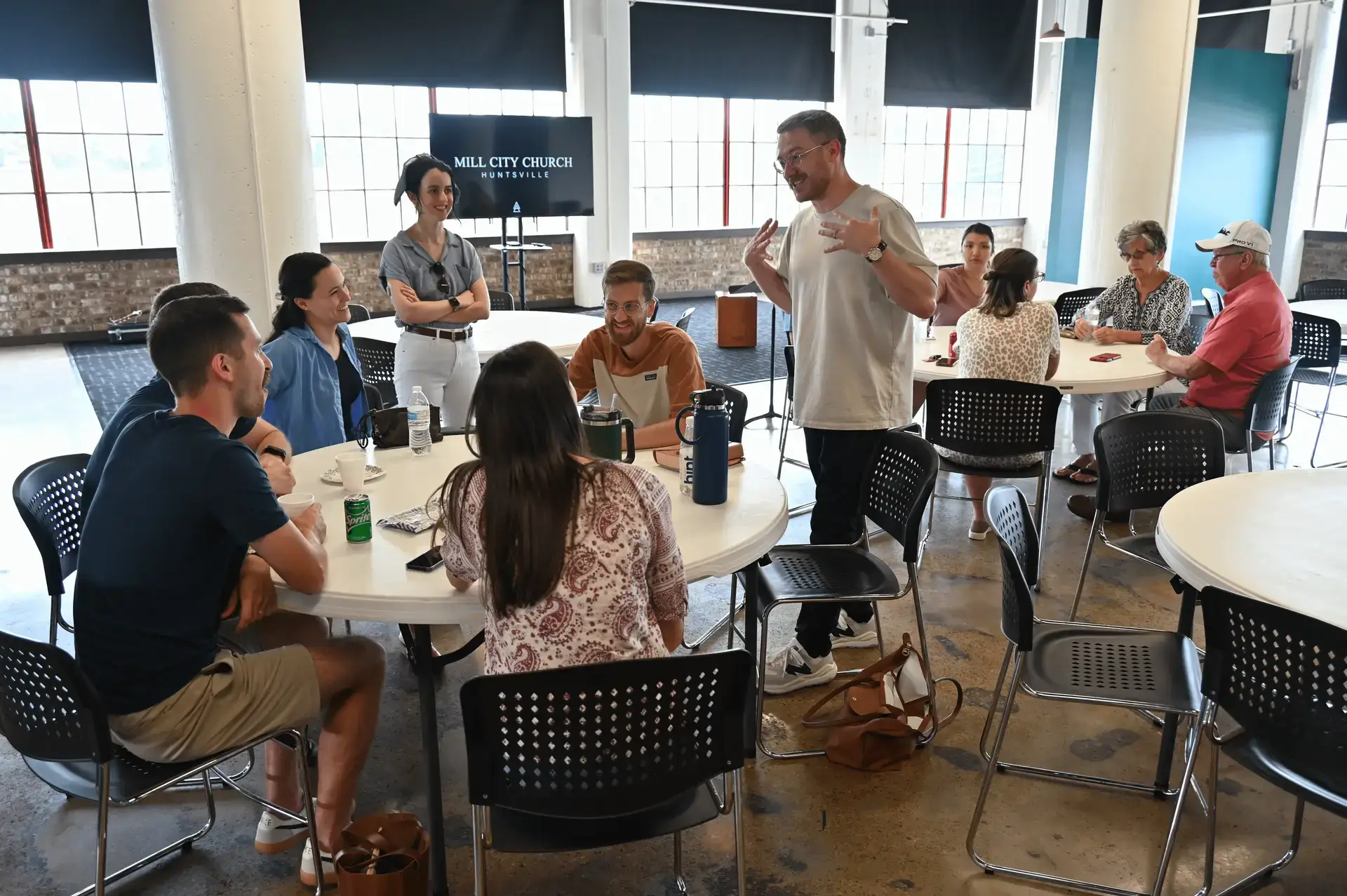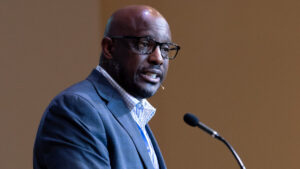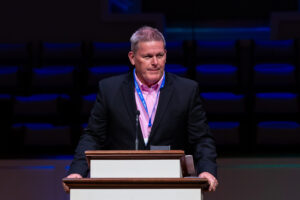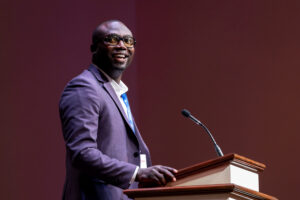Gilliam Springs Baptist Church in Arab has a special place in Will Harbison’s heart.
“I was saved there at 10 years old,” he said.
But even so, he didn’t expect to stay there.
“I met my wife at Auburn, and we thought we would be overseas. We had a heart for missions and felt like that’s what God had for us,” Harbison said.
So it surprised him when he ended up back at Gilliam Springs in 2011 as the church’s student pastor. It surprised him even more when a few years later, he and his wife, Claire, started taking steps toward planting a church in San Francisco and God didn’t open the doors.
“We decided then to plant our roots at Gilliam, and we bought a house,” Harbison said. “We loved it, but we felt this stirring of church planting.”
At the same time, Jamey Pruett, Gilliam Springs’ pastor, was watching the growth of the Huntsville area. Arab is a bedroom community to the city, Pruett said, and what he saw got him started thinking about church planting too.
“I think the motivation really started with the realization that Huntsville was growing so quickly, but also it was growing in a manner with such diverse people,” he said. “Wherever there are people, there’s a need for the Gospel.”
So Pruett gathered church staff to start praying about it, and that group grew to include deacons and other lay leaders.
“Along the way we never heard the Lord say ‘no.’ Nobody had a check in their spirit,” he said.
Gilliam Springs is a missions-minded church, and the members were quickly supportive, Pruett said. And with Harbison’s heart for church planting, the idea made sense.
“Here’s Huntsville, just 30 minutes up the road and it’s still growing, it’s still diverse —
it just seemed like a natural thing for us to send him and Claire,” he said.
Harbison said he sensed from the beginning that God was opening the doors this time.
“Jamey had just started praying about the idea to plant a church in Huntsville and what that would look like, and he knew that was our heartbeat,” he said. “He asked us to pray about it, and we felt like it was a yes for us, like the timing was right. Our heart had also grown for the Huntsville area.”
As Gilliam Springs leadership continued to pray, they reached out to Brian Harper, lead church planting strategist for the Alabama Baptist State Board of Missions, who began to guide them through the process of planting a church.
Harbison went through the SBOM’s church planter training along with Jeremy Patterson, the church’s missions minister. The training, which is made possible by gifts to the Myers-Mallory State Missions Offering, covers 11 competencies of a church planter over a three-month period.
Patterson said it’s “a great process, a great systematic approach, and it makes you think about things upfront.”
In January, Gilliam Springs launched discipleship groups in a rental space in the Lincoln Mill area in downtown Huntsville.
“It’s been awesome,” Patterson said. “The unexpected relationships we’ve seen so far has been only God-sized stuff. We’ve been able to connect to the community.”
Gilliam Springs’ plan is to move forward both with the new Lincoln Mill plant and with planting more churches in the future.
“We call it planting pregnant; we want to give birth to another church,” Patterson said. “Long term, we would also love to do a church-planting residency program with the state here too.”
Harper said Gilliam Springs is “a model of a good, healthy, reproducing church,” and he’s thankful for their example.
“If multiplication is what we’re after, we need a model that shows what it looks like to plant in these new communities where the Gospel is not,” he said.
For more information about church planting in Alabama, visit PlantAlabama.org, or contact State Missionary Brian Harper, [email protected].






